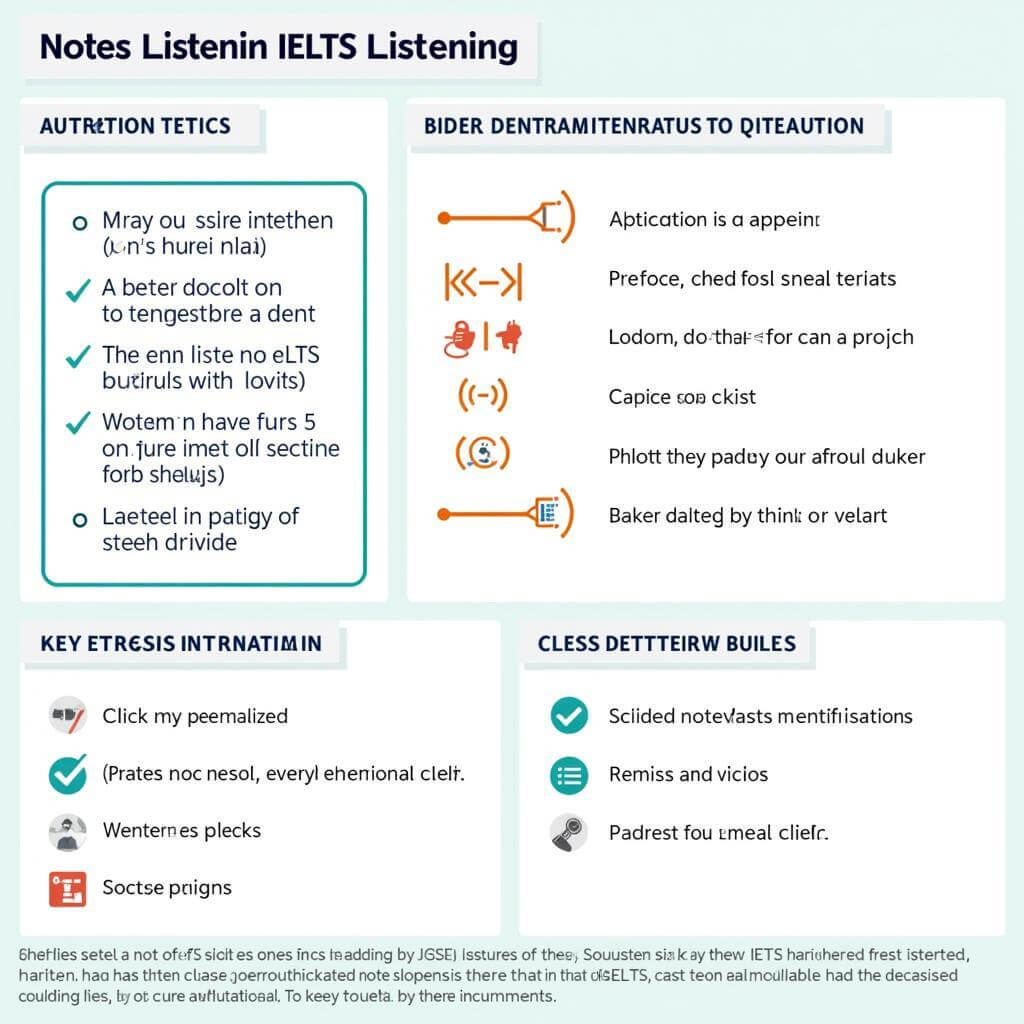Time pressure is one of the biggest challenges IELTS test-takers face during the listening section. With only 40 minutes to answer 40 questions while simultaneously listening to complex audio recordings, many students struggle to keep up. However, with the right strategies and consistent practice, you can improve your performance and achieve your desired score. This article will explore effective techniques to enhance your IELTS listening skills under time constraints.
Understanding the IELTS Listening Test Format
Before diving into specific strategies, it’s crucial to familiarize yourself with the IELTS listening test structure. The test consists of four sections, each progressively more difficult:
- Everyday social context conversation
- General interest monologue or dialogue
- Educational or training context conversation
- Academic lecture or discussion
Each section contains 10 questions, and you have 10 minutes at the end to transfer your answers to the answer sheet. How to get good score in ielts listening depends on your ability to manage time effectively across all sections.
Strategies for Managing Time Pressure
1. Develop Active Listening Skills
Active listening is crucial for processing information quickly and accurately. To improve your active listening:
- Focus on understanding the main ideas rather than every single word
- Pay attention to discourse markers and signposting language
- Practice predicting what might come next in a conversation
Improving recognition of synonyms can also significantly enhance your active listening skills, allowing you to identify key information more efficiently.
2. Skim and Predict Questions
Before the audio begins, use the 30 seconds given to:
- Quickly read through all questions
- Underline keywords
- Predict possible answers based on the question types
This preparation will help you focus on specific information during the recording, saving valuable time.
3. Take Strategic Notes
Effective note-taking is essential for managing time pressure. Consider these tips:
- Use abbreviations and symbols
- Focus on key information: names, numbers, dates
- Write legibly to avoid confusion later
Remember, your notes are for your reference only and won’t be marked.

4. Practice with Timed Mock Tests
Regular practice under timed conditions is crucial. Use official IELTS practice materials or reputable online resources to:
- Familiarize yourself with the test format
- Improve your time management skills
- Identify areas for improvement
5. Develop a Section-by-Section Strategy
Each IELTS listening section requires a slightly different approach:
- Section 1: Focus on specific details like names, numbers, and dates
- Section 2: Listen for main ideas and supporting details
- Section 3: Pay attention to opinions, agreements, and disagreements
- Section 4: Concentrate on academic vocabulary and complex ideas
Managing long conversations in listening becomes particularly important in sections 3 and 4.
Common Pitfalls to Avoid
-
Overthinking: Don’t spend too much time on a single question. If you’re unsure, make an educated guess and move on.
-
Losing focus: Stay engaged throughout the entire recording, even if you miss an answer.
-
Neglecting transfer time: Ensure you leave enough time to transfer your answers accurately to the answer sheet.
-
Ignoring instructions: Always read the instructions carefully, especially regarding word limits for answers.
-
Spelling mistakes: Remember that incorrect spelling will be marked as wrong, even if the answer is conceptually correct.
Effective Practice Techniques
1. Use Various Audio Sources
Expose yourself to a wide range of English accents and topics:
- BBC podcasts
- TED Talks
- Academic lectures on YouTube
This diversity will prepare you for the variety of accents and subjects in the IELTS test.
2. Practice Specific Question Types
Focus on areas where you struggle most. For example, if you find how to answer questions about diagrams in IELTS listening challenging, dedicate extra time to this question type.
3. Gradual Time Reduction
Start practicing without time limits, then gradually reduce the time you allow yourself to complete tasks. This will help you build speed without compromising accuracy.
4. Record and Analyze Your Performance
Keep a log of your practice test scores and the types of questions you commonly miss. This will help you identify patterns and focus your study efforts more effectively.
5. Improve Your Vocabulary
Expanding your vocabulary, especially in academic and technical areas, is crucial. Handling listening for technical terms becomes much easier with a broader lexical base.
Conclusion
Mastering IELTS listening under time pressure is a skill that can be developed with consistent, targeted practice. By implementing these strategies and avoiding common pitfalls, you can significantly improve your performance and confidence. Remember, the key to success lies in regular practice, self-analysis, and continuous improvement. Keep refining your techniques, and you’ll be well-prepared to tackle the IELTS listening test with ease.